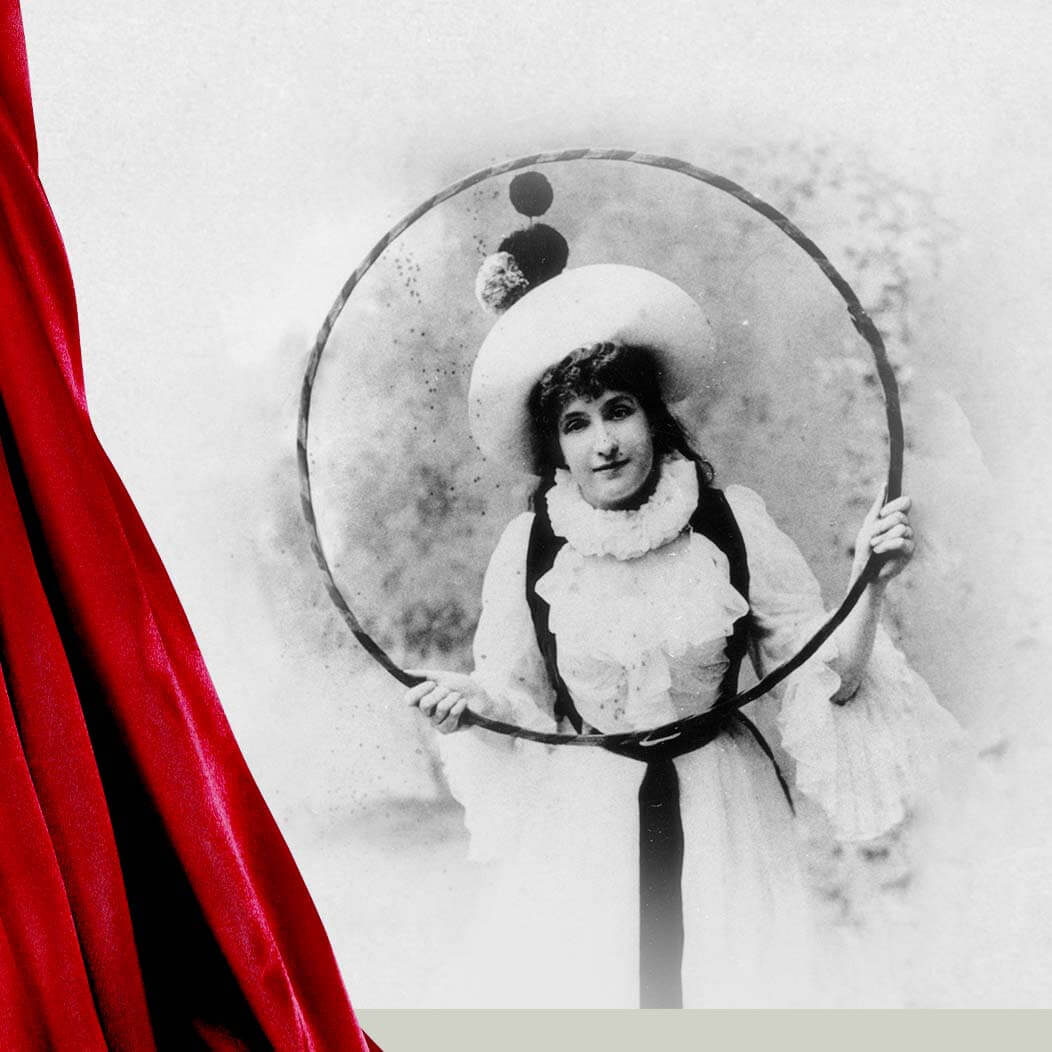
Opera Houses | Opera at St Petersburg
In February 1891, Melba received a unique honour when Csar Alexander III summoned her to appear at the Imperial Opera at St Petersburg.
But before the party boarded the train, there were many issues to be resolved:
“The Tsar had express a particular desire to hear Romeo et Juliette, and here, at the outset was a difficulty. By immemorial tradition no language but Russian could be sung in the Imperial Theatre. What Romeo would sound like in Russian, even if a poet could be found sufficiently heroic to write it, I do not know. I know that neither Jean nor Edouard nor I could attempt to sing it in anything but French. And so, after a good deal of negotiation, it was decided that for the first time in the history of the Tsar’s Theatre, we were to be allowed to sing in that language.” (1)
That obstacle was overcome so, with leave from the Pairs Opera, in February 1891 the party of Melba, Jean and Edouard de Reszke and their attendants, boarded a train for St Petersburg.
However, the party was stopped at the Russian border and the customs officers went through the luggage.
“I wondered why we were waiting so long, and then realized that it was because of the searching examinations of passengers’ luggage by the dark, fiery-eyed customs officers who were stamping their feet in the snow outside. A closer inspection revealed to my horror, an exquisite cloak which I had brought especially for Lohengrin, lying on the ground, perilously near the soldier’s feet. I dashed outside and tried to explain, in a mixture of four languages, that the cloak was for the opera and that it was a very beautiful thing, and that on no account must it be spoilt. All was useless.” (2)
A Russian friend on the train soon put things right and the cloak was carefully put back into its trunk. Today the cloak, design by Jean Worth of Paris is part of the collection of the Performing Arts Museum in Melbourne, Australia.
Melba described her impressions of St Petersburg:
“It seemed a city of ineffable sadness, given over to a strange silence, broken only by the cold, monotonous jingle of sleigh bells. Dusk was falling when we arrived but the universal mantle of snow gave to the fine buildings a look of shadowed brightness, as though they were clothed in a light that never shone on land or sea. I felt melancholy, and very, very far away from all my friends.” (3)
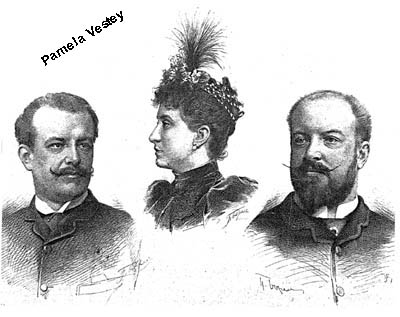
But the melancholy soon disappeared as the party was swept up in Russian hospitality.
The party took part in a series of productions with the Imperial Opera that included Lohengrin, Faust and Romeo et Juliette. It is probable the operas were staged at the Mariinsky Theatre.
The Duc Travels to St Petersburg
While Melba doesn’t mention it in her autobiography, the attentions from the Duc d’Orleans was continuing to cause embarrassment.
The Duc followed the party to St Petersburg and shocked the audience and royal court by applauding Melba loudly before the Tsar had shown his own approval. By royal command the Duc was ordered to leave St Petersburg immediately. (4)
A Royal Banquet
At the banquet at the palace of Grand Duke Alexis, Melba was amazed at the immense table, dazzling array of dishes and the glittering gold plate. (5)
The next day Melba received a bracelet of diamonds and sapphires as a little souvenir. Melba also received another bracelet from the Emperor and she often wore it as a mascot. It was made of engraved diamond cubes and large, irregular pearls strung together on a slender chain of platinum and gold.
The ballet was another aspect that thrilled Melba and the de Reszke brothers. The ballet was traditionally Russian as it had never moved from St Petersburg and Russia at that time, had few links with the outside world.
Melba was enthralled with the marvellous colour, the fierce, fiery music, the superb grouping and choreography. She felt she had discovered a new art, far removed from the conventional, white costumed toe-dancing ballet of Europe. (6)
Anton Rubinstein
In response to a letter, Melba took time out from her busy schedule to visit Russian pianist Anton Rubinstein who was too ill to venture outside. Rubenstein was also a composer and conductor and founded the St Petersburg Conservatoroire.
Melba went to his small room at the Conservatoire. She described Rubinstein as a “little old man with a determined face, long white hands, and quick bright eyes.” (7)
He accompanied Melba in several songs which, although he had never seen, he played without a moment’s hesitation. Rubinstein then played an elaborate Liszt Concerto.
“I marvelled at the spirit of genius which could so dominate a worn-out body that it gave it the force, and strength of a young man.” (8)
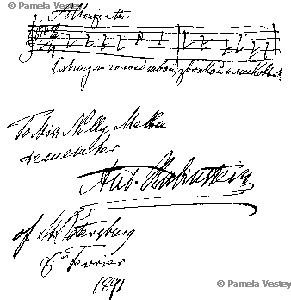
It was not until the party’s last performance that the singers experienced the true Russian temperament.
After numerous curtain calls, students in the gallery lowered an immense white chain of scores of handkerchiefs all tied together. Outside, young men mobbed her wanting her autograph on their programs.
The pencil Melba was using was taken by a young man, bitten to pieces with a single crunch of strong white teeth, and distributed to his chosen friends, who received it with a reverence that Melba compared to that of the mediaeval peasants who scrambled for the so-called sacred relics, which were the stock-in-trade of wandering preachers. (9)
The students also threw their coats on the ground for Melba to walk on to her carriage which she discovered was full of orchids. Melba and her fellow artists travelled south for the seasons in Paris and London.
References
(1) N. Melba, Melodies and Memories, Thornton Butterworth Ltd, London, 1925, pg 102.
(2) Ibid.
(3) N. Melba, op. cit., pg 103.
(4) P. Vestey, Melba: A Family Memoir, Pamela Vestey, Coldstream, Melbourne 2000, pg 68.
(5) N. Melba, op. cit., pg103-104.
(6) N. Melba, op. cit., pg 105.
(7) Ibid.
(8) N. Melba op. cit. pg 106.
(9) N. Melba, op. cit., pg 106-107.
Online Shop
Purchase books, CDs, photographs and other merchandise
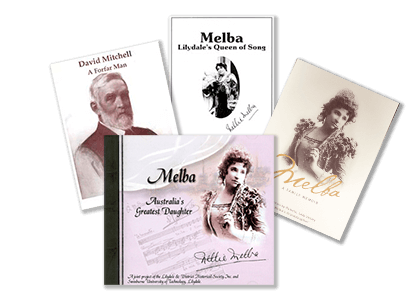

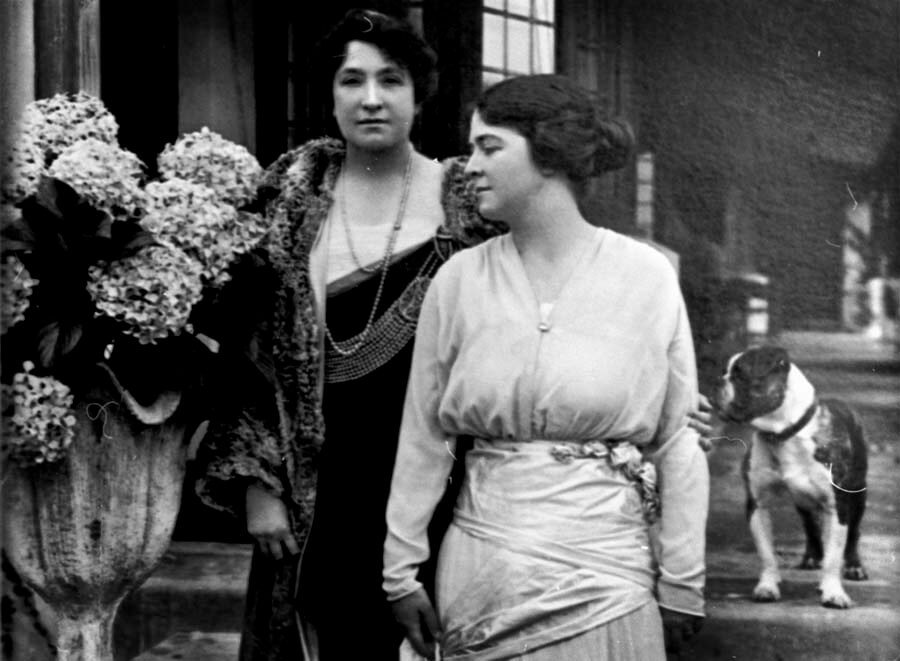
Share Your Information with the Museum!
Email us your info (and images) to:
[email protected]
Our home is the Old Lilydale Court House:
61 Castella Street, Lilydale 3140
Hours of opening:
By appointment only:
Fridays 1 to 4pm and Saturdays to Mondays 11am to 4pm.
Sundays are preferred.
Closed Public Holidays
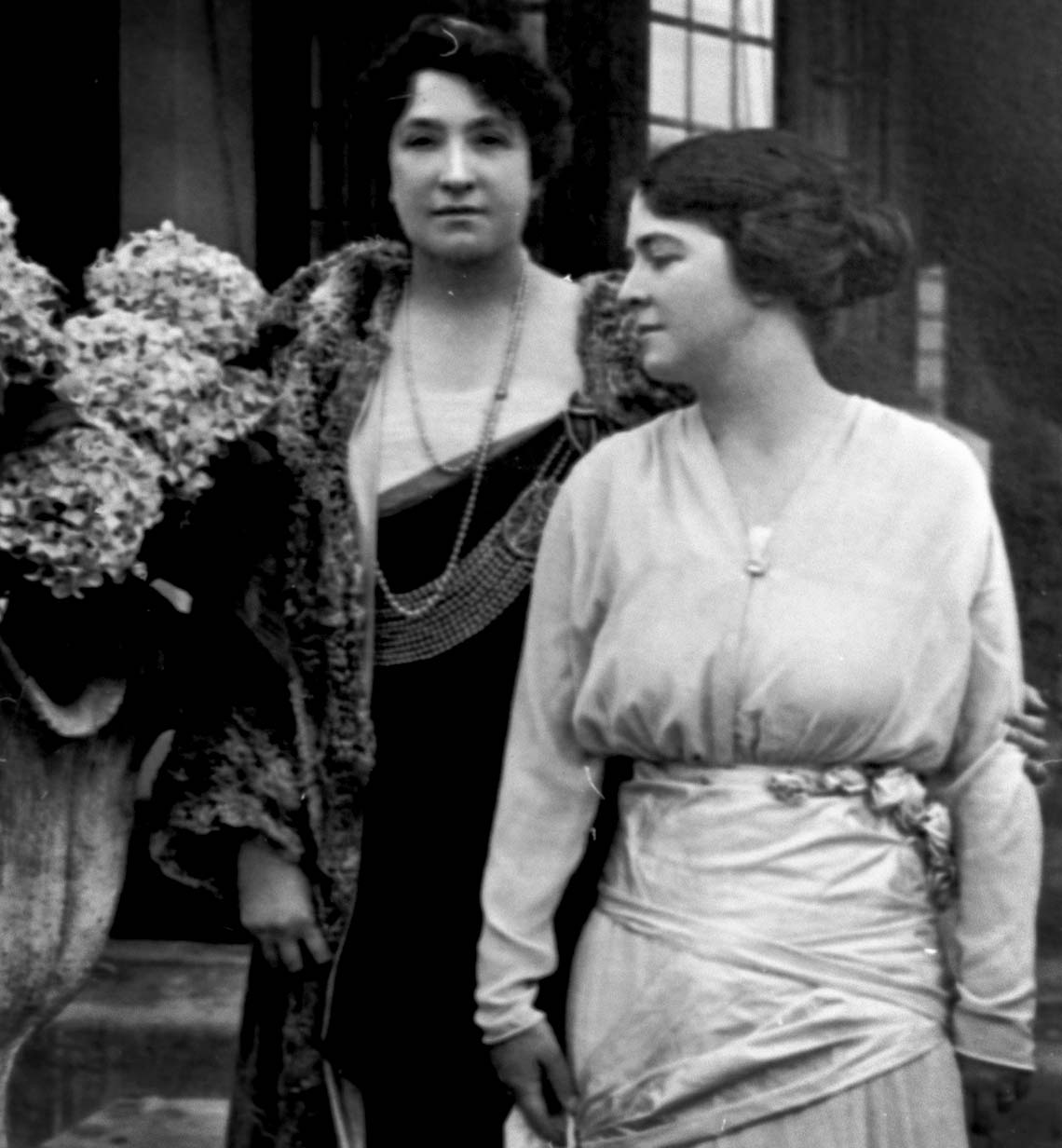
Nellie Melba Museum
Contact Details:
Sue Thompson: 0475 219 884
Email: [email protected]
Share your info with us:
[email protected]
Our home is the Old Lilydale Court House:
61 Castella Street, Lilydale 3140
Hours of opening:
By Appointment only:
Fridays 1 to 4pm and Saturdays to Mondays 11am to 4pm.
Sundays are preferred.
Closed Public Holidays

Nellie Melba Museum
Contact Details:
Sue Thompson: 0475 219 884
[email protected]
Nellie Melba Museum
Contact Details:
Sue Thompson: 0475 219 884
[email protected]
Our home is the Old Lilydale Court House:
61 Castella Street, Lilydale 3140
Hours of opening:
By appointment only:
Fridays 1 to 4pm and Saturdays to Mondays 11am to 4pm.
Sundays are preferred.
Closed Public Holidays
Share Your Information
with Nellie Melba Museum!
Sue Thompson: 0475 219 884
[email protected]

